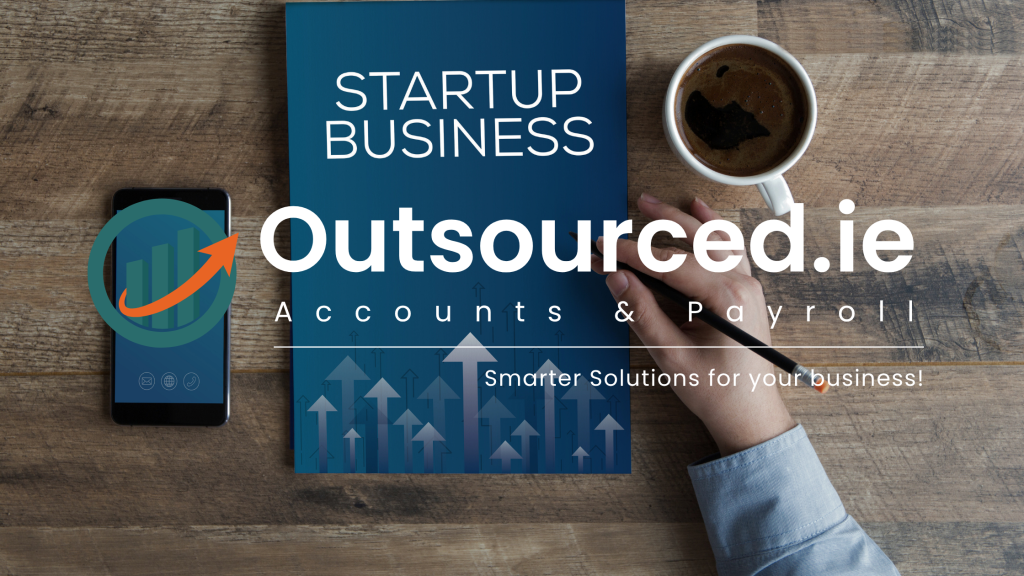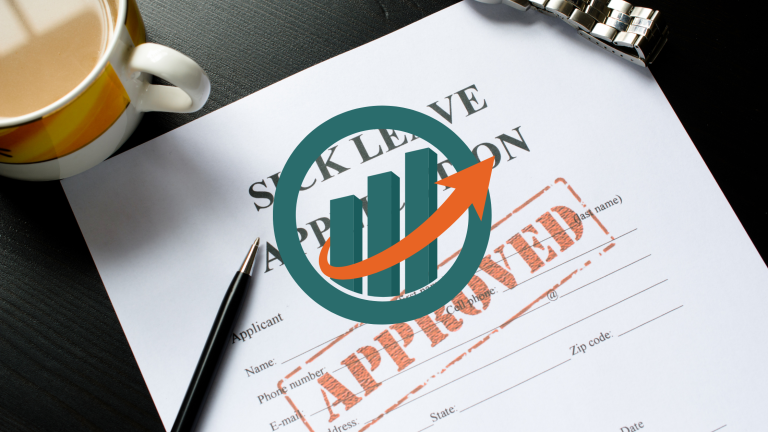Starting a business in Ireland is an exciting adventure – full of opportunity, growth, and the potential to make an impact. But let’s be honest: it can also be overwhelming. I’ve had the privilege of speaking with dozens of founders who started with great ideas and big ambition, but very little support. The journey is never as simple as we think it will be.

Over the years, I’ve seen the same patterns emerge in the challenges that new businesses face. So, here’s the advice I wish more founders knew when starting a business in Ireland:
1. You Don’t Need to Do Everything at Once
One of the biggest mistakes I see founders make is trying to do it all in the beginning. Yes, starting a business is exciting, and it’s easy to feel like you need to have everything set up perfectly before you launch. But the truth is, you don’t need to do everything at once.
- Start lean. Focus on the essentials to get your business off the ground. This includes:
- Company formation: Register your business with the Companies Registration Office (CRO).
- Business bank account: Set up a separate account to keep your finances organized.
- Basic accounting setup: Use simple tools or accounting software to keep track of your finances from the start.
Getting these three things in place will give you a solid foundation to grow your business, and you can build on that as you go.
2. Grants and Funding Are Available – But They’re Not Easy to Navigate
Ireland is an amazing place to start a business, partly because of the grants and funding opportunities available. From Enterprise Ireland to Local Enterprise Offices, there’s financial support out there that can help you scale your startup.
However, navigating the landscape of grants and funding can be a daunting task. The process is often complicated and can take longer than expected. That’s why I always recommend speaking to someone who knows the system – someone who can guide you through the paperwork, eligibility requirements, and deadlines. Trying to figure it out on your own could mean missing out on valuable funding opportunities.
3. Hire a Bookkeeper Early – Even Part-Time
When you’re just starting out, it’s tempting to take on all the tasks yourself – especially when it comes to bookkeeping. But trust me, this is one area where you don’t want to cut corners.
Even if you’re on a tight budget, consider hiring a bookkeeper early on. Whether part-time or on a freelance basis, they can help you set up a simple but efficient accounting system. This will save you time and headaches later when it comes to tax filings and financial reporting. It’s far cheaper to hire a bookkeeper now than it is to fix a messy set of accounts later down the line.
4. Keep Personal and Business Expenses Separate from Day 1
This may sound simple, but it’s something many new founders overlook. Mixing personal and business finances can lead to confusion, errors, and even legal issues down the road.
From the very beginning, keep personal and business expenses separate. Set up a business account, use business credit cards, and track your expenses carefully. It might seem like an extra step, but maintaining clear financial boundaries will help you stay organized, especially as your business grows.
5. Get Advice That’s Tailored to Ireland
Every country has its own unique business environment and set of regulations. What works in one place might not work in another. So, while well-meaning advice from friends or family can be helpful, be cautious about taking advice that’s not specific to Ireland.
For example, your cousin’s startup tips from Canada may not be applicable here, given Ireland’s specific tax codes, grant opportunities, and legal frameworks. When starting a business, seek out local expertise that understands the Irish market and its nuances. Whether it’s from a mentor, an accountant, or a local business advisor, getting advice tailored to Ireland will help you avoid costly mistakes.
6. Starting Smart Doesn’t Mean Starting Big
Many new business owners believe they need to start with grand plans and big budgets. But in reality, starting smart doesn’t mean starting big. It means starting with clarity, building a solid foundation, and scaling at the right pace.
You don’t need to have a massive team, a fancy office, or a huge marketing budget from day one. What you need is a clear vision of your business goals, a realistic plan to achieve them, and the confidence to take those first steps.
Conclusion
Starting a business in Ireland is an incredible opportunity, but it’s not without its challenges. The most successful founders are the ones who start with a clear plan, seek out the right advice, and stay focused on what truly matters in the early stages.
- Start lean.
- Get the right help when you need it.
- Keep your finances organized.
- Understand the local regulations.
- Take one step at a time.
If you’re thinking of launching soon, don’t go it alone. At Outsourced.ie, we specialize in helping startups get off the ground and grow. Whether it’s setting up your accounting system, securing funding, or navigating the complexities of Irish regulations, we’re here to support you every step of the way.
Thinking of launching soon? See our startup packages or just reach out for a chat.






